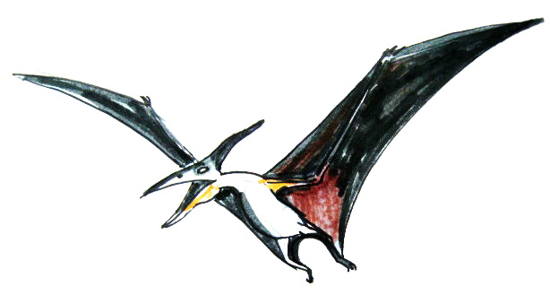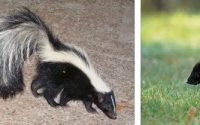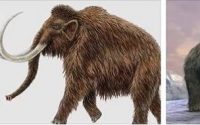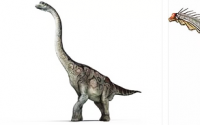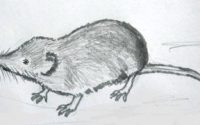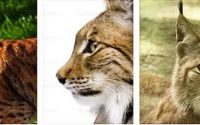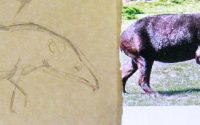How to draw a pterodactyl tutorial

Let`s learn how to draw a pterodactyl. But, what is this beast?
Let us not dig deeper into the systematics of pterosaurs, because pterodactyls combine many different types of flying dinosaurs. Some were large with a monstrous wingspan, others were as small as our birds.
For a start we shalldraw two types of pterodactyls.
Contents
- 1 How to draw a Rhamphorhynchus
- 2 Rhamphorhynchus drawing – lesson 2
- 3 Pteranodon drawing step by step
How to draw a Rhamphorhynchus
As for me, I do not believe in the existence of dinosaurs. I think they are mythical characters such as dragons. And especially it strengthens me in this belief when I find pictures on request – photos of pterodactyls. Yes! Not drawings, but right photo! We will draw a ramphorinchus from Internet picture.
Their bodies were scrawny and lean:
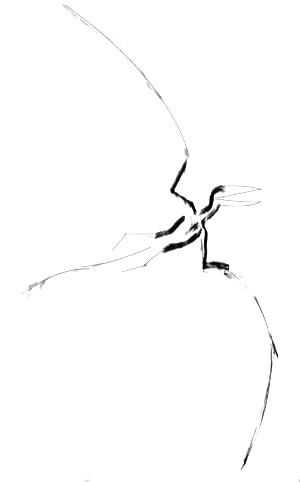
The hind legs were short. An interesting feature of the ramphorinchus was a long tail with rhombic end. The neck was long and very agile. The head was long, with a toothy beak. However, on top of their head they had no appendages or decorations.
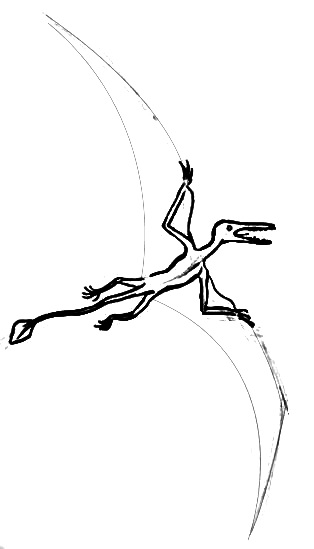
Front feet had four toes, one of which was very lengthened and served to tension the flying membrane on it.
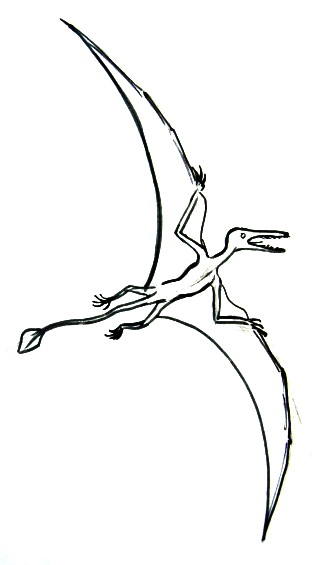
Don’t know what color were these flying lizards, so we just denote the shadows:
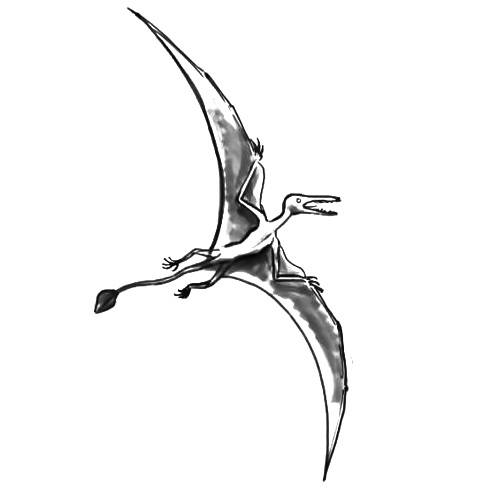
Rhamphorhynchus drawing – lesson 2
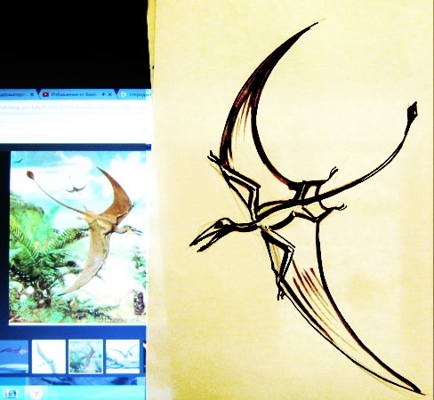
In short:
Pencil Scheme
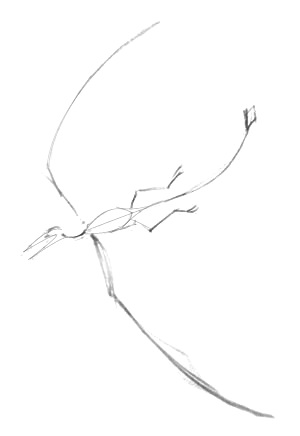
Draw a line of the spine extending with a long tail:
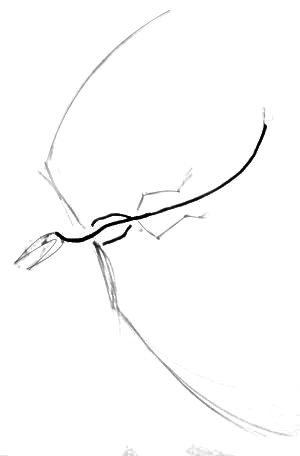
Clearly draw bent limbs:
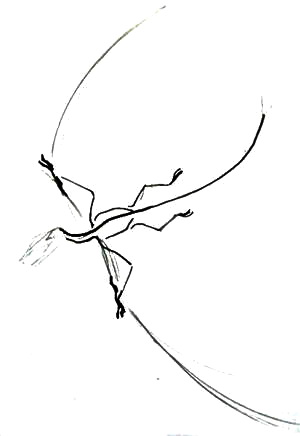
Draw a head with a toothy maw and leather membrane wings:
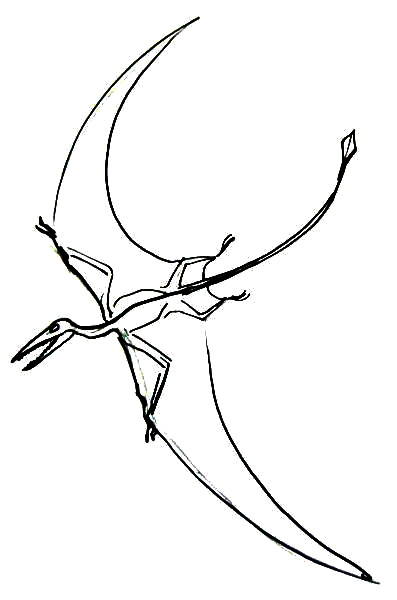
The next pterodactyl will be bigger – it’s a Pteranodon!
Pteranodon drawing step by step
In addition to the large size Pteranodon is famous for a short tail and a long outgrowth on the head.
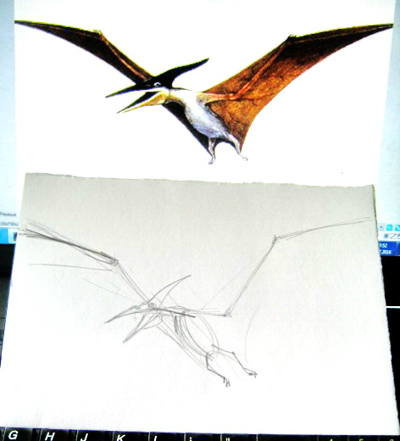
Draw a plump body with a short curved hind legs and the front arms spread wide
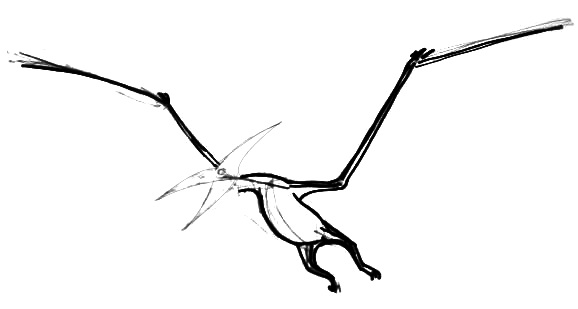
A long beak with a pouch underneath it similar to the Pelican. Triangular outgrowth on the head of this pterodactyl gives it a very classy look:
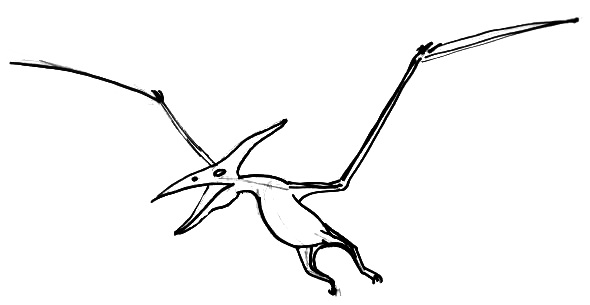
Draw flying membranes, stretched between the front and hind legs:
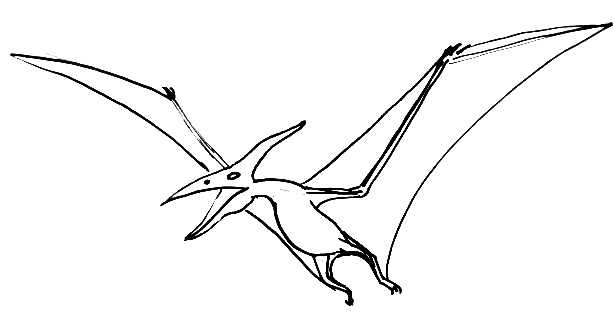
Let`s give some colours to our pteranodon line drawing:
